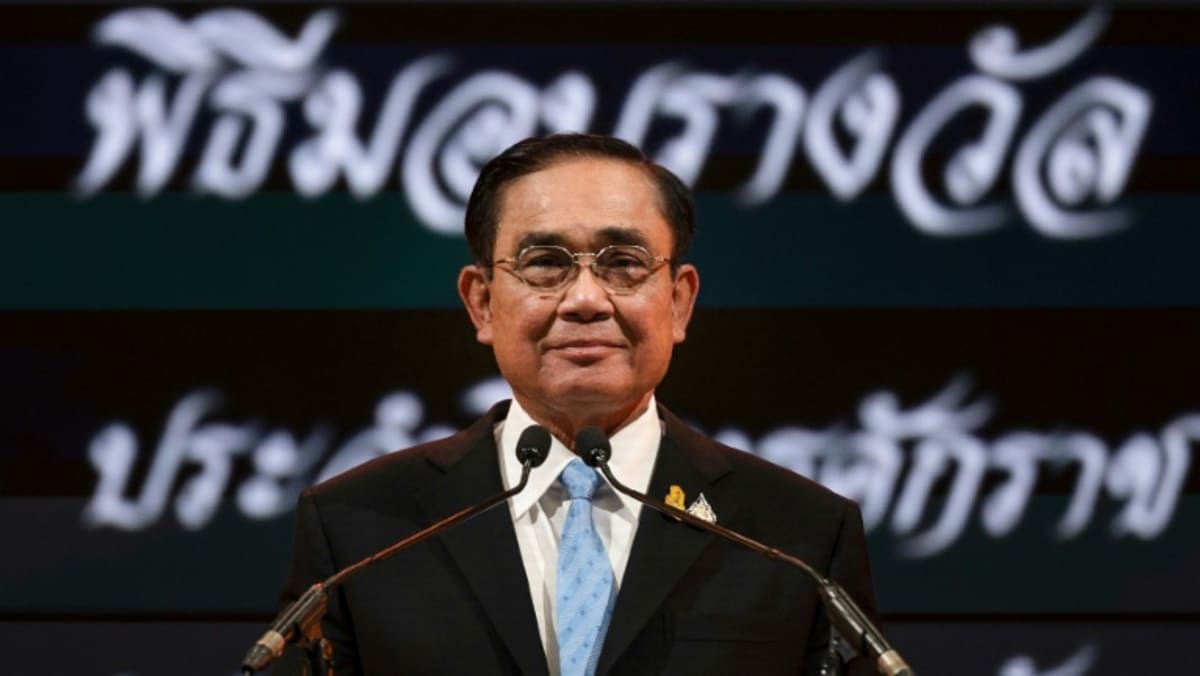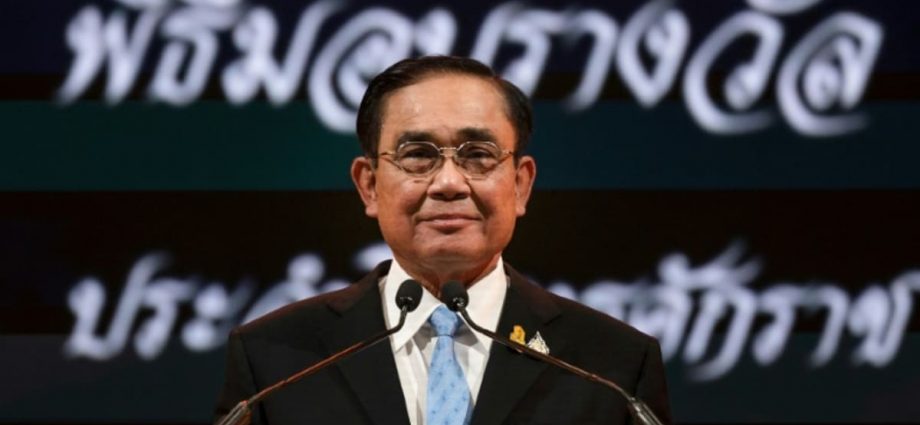
SINGAPORE: Following Thailand’s Constitutional Court ruling on Friday (Sep 30) that Prime Minister Prayut Chan-o-cha has not reached the eight-year constitutional limit in office, he can immediately return to work. Prayut may have survived this challenge from the opposition, but things are not all rosy – he is now a “lame duck” leader.
The court’s ruling that Prayut’s legal tenure started on Apr 6, 2017 – when the constitution came into force – means he could hit the term limit (if re-elected) on Apr 5, 2025, roughly halfway in the next four-year term. It puts Prayut in an awkward position, with only two years of eligibility left heading into the next general election.
The general election is scheduled for May 2023. However, it is widely anticipated that Prayut is going to dissolve the House and call an early general election soon after hosting this year’s Asia-Pacific Economic Cooperation (APEC) Economic Leaders’ Meeting in Bangkok in November. This will give his ministers who are politicians the invaluable advantage of incumbency during the election campaign.
PRAYUT’S ELECTABILITY TAKES A BLOW
Prayut’s self-confidence as an infallible strongman was already shattered when he was suspended from office on Aug 24. Now that his potential premiership can only last until April 2025, it would be unwise for the Palang Pracharath Party (PPP) to re-nominate Prayut as its sole candidate for the next premiership.
The PPP would need to show its supporters from the outset who will succeed Prayut after he reaches the eight-year limit. Each party is allowed to nominate up to three candidates.

